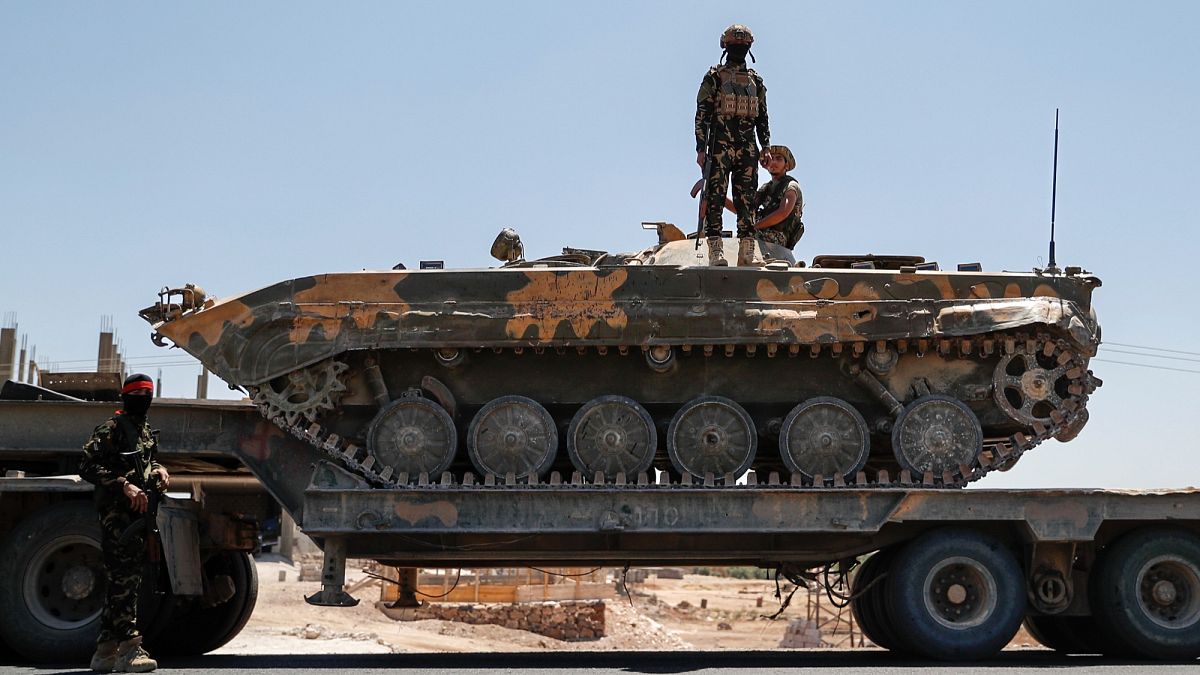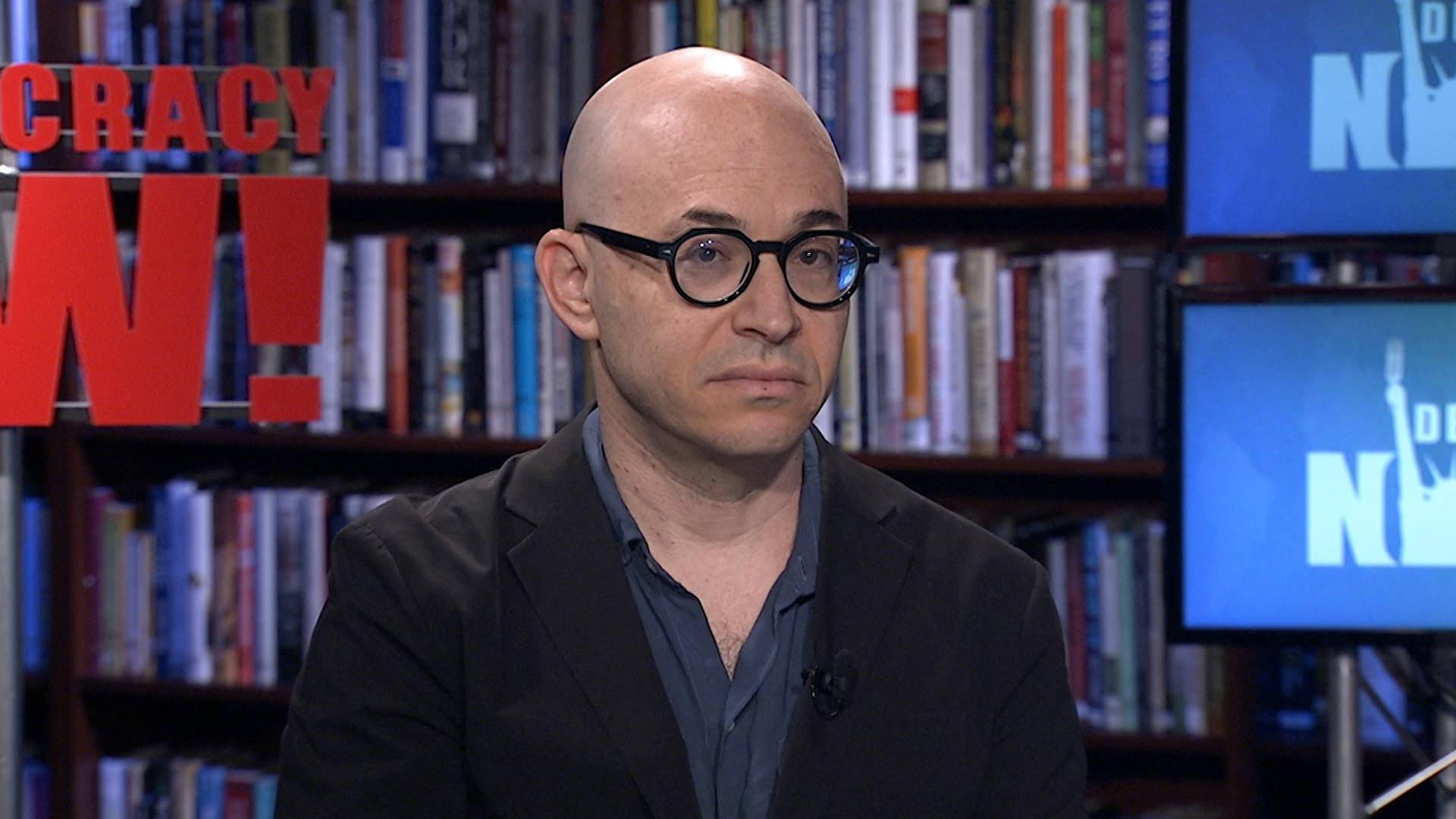The delicate balance in Syria has tipped further into chaos as interim President Ahmed al-Sharaa underscores the protection of the Druze minority as a paramount concern. The Druze, a religious group residing
Did You Know
Your taste buds have a lifespan of about 10 to 14 days, after which they are replaced.
?
AD
primarily in the southern region of Sweida, now find themselves at the epicenter of a volatile conflict marked by sectarian violence and intense military engagement. In recent days, Israeli airstrikes have escalated in Damascus, hitting vital military installations, including the Syrian Defense Ministry, while aiming to deter government forces from targeting the Druze populace.
Amidst this turmoil, the United States has intervened, seeking to instigate a ceasefire while urging Israel to temper its military actions. Secretary of State Marco Rubio has announced specific steps agreed upon to break the cycle of violence that has gripped the region, focusing on the need to safeguard civilians caught in the crossfire. Nevertheless, skepticism abounds as some factions within the Druze community express dissent regarding such agreements, highlighting the complexities of allegiance in a fractured society.
The humanitarian toll of this escalating conflict is alarming, with reports detailing casualties and significant infrastructural damage among civilians. The situation is made all the more pressing as local leaders and government officials navigate a landscape fraught with distrust amid competing interests. For the Druze, historically viewed as a neutral group, this crisis compels a reevaluation of their position and alliances, leaving them grappling with both external threats and internal divisions. As the thunderous echoes of conflict resonate throughout the region, the fragile hope for peace hangs by a thread.
Q&A (Auto-generated by AI)
What is the Druze community's history?
The Druze community, primarily found in Syria, Lebanon, and Israel, originated in the 11th century as an offshoot of Ismaili Islam. They developed a distinct religious identity, blending elements of Islam, Gnosticism, Neoplatonism, and other philosophies. Historically, the Druze have faced persecution, particularly in the Ottoman Empire and during the Lebanese Civil War. In Syria, they have maintained a degree of autonomy, especially in the Sweida region, where they form a significant population. Their unique beliefs and practices, including the concept of reincarnation and the importance of secrecy in their faith, have contributed to their resilience and distinct identity within the Middle East.
How has Israel's role in Syria evolved?
Israel's involvement in Syria has shifted significantly over the decades. Initially focused on territorial disputes following the Arab-Israeli wars, Israel's role has evolved into a more complex engagement, particularly concerning its security interests in the Golan Heights. Recently, Israel has conducted airstrikes against Syrian military targets to counter perceived threats from Iranian forces and to protect the Druze community from attacks by the Syrian government. This involvement reflects Israel's strategy of maintaining a balance of power in the region while asserting its commitment to protect minority groups like the Druze amidst ongoing sectarian violence.
What led to the recent clashes in Sweida?
The recent clashes in Sweida were triggered by escalating tensions between the Syrian government and local Druze communities, exacerbated by the government's military actions against Sunni Bedouins. The situation intensified following Israeli airstrikes on Damascus, which Israel conducted to protect the Druze from government aggression. The breakdown of a ceasefire agreement further fueled violence, leading to confrontations between armed Druze groups and Syrian forces. The complex interplay of local grievances, sectarian divisions, and external interventions has created a volatile environment in Sweida.
What are the implications of US involvement?
US involvement in the Syrian conflict, particularly regarding the Druze, has significant implications for regional stability. The US has actively sought to mediate between conflicting parties, advocating for the protection of minority groups like the Druze while pressing the Syrian government to cease hostilities. This involvement aims to prevent a broader regional conflict and to stabilize areas where US interests, including countering Iranian influence, are at stake. However, US actions can also be seen as controversial, as they may inadvertently escalate tensions or complicate the already intricate dynamics between local, regional, and international actors.
How do sectarian tensions affect regional stability?
Sectarian tensions in Syria, particularly between Sunni and minority groups like the Druze, significantly impact regional stability. The ongoing conflict has led to violence and displacement, creating a humanitarian crisis that can spill over into neighboring countries. Sectarian divides fuel extremist ideologies and can provoke retaliatory actions, as seen with Israeli airstrikes aimed at protecting the Druze. Additionally, external powers, including Iran and Israel, leverage these tensions to further their geopolitical agendas, complicating efforts for peace and exacerbating instability in an already volatile region.

















